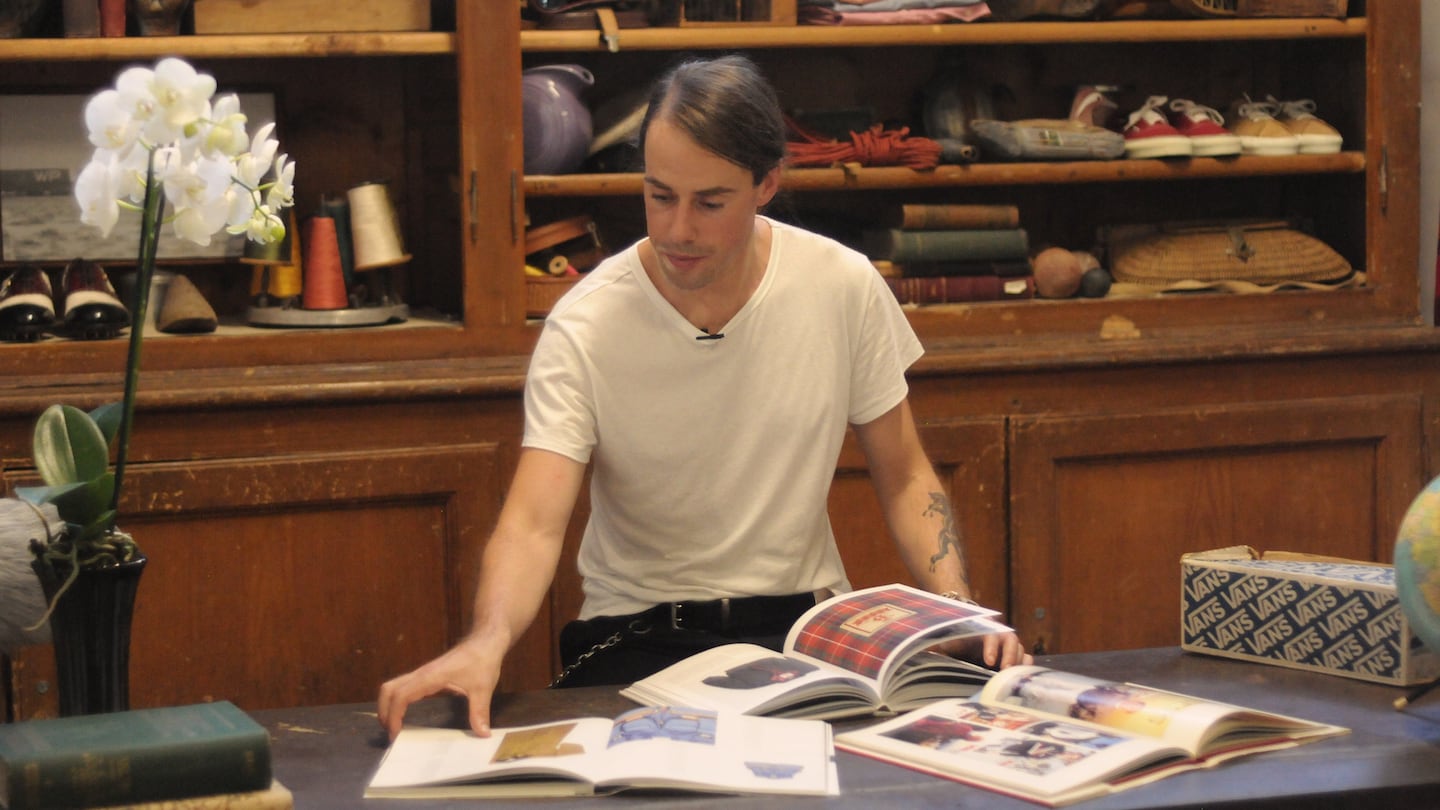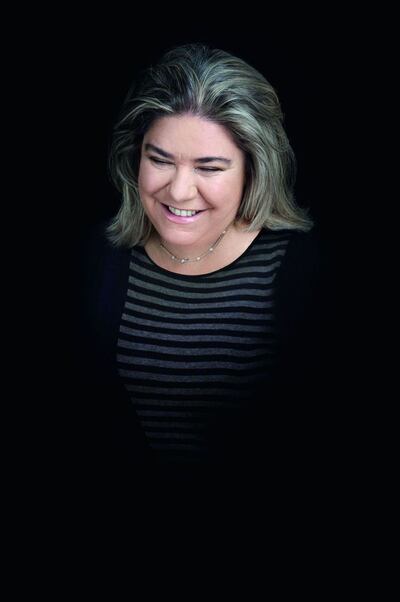
The Business of Fashion
Agenda-setting intelligence, analysis and advice for the global fashion community.

Agenda-setting intelligence, analysis and advice for the global fashion community.

Founded in 1982 by Cristina Calori and her father Giuseppe, WP Lavori in Corso (WP) is an Italian-based distributor and licensor of international brands, which has worked with the likes of Barbour, Baracuta, Blundstone, Vantstone, Filson and more.
Cristina and Giuseppe opened the first WP store in 1985 in Bologna, quickly followed by Milan the following year. Its name means “Work in Progress,” and the company rose to fame in the 80s and 90s through its distinctive product catalogues designed to look like comic-books and created in partnership with contemporary Italian comic writers. This approach quickly became a staple of WP’s communications approach, to narrate the origins of the products in innovative ways.
The company launched its e-commerce site in 2021, selling the likes of Barbour, Levi’s, APC, Blundstone, New Balance and Baracuta — the latter for which they are working with to expand into women’s outerwear as well as men’s.
Now in its fortieth year, WP has a new strategic approach — to scale the company globally, driven by new partners in the USA and Asia, and to broaden the awareness of its portfolio of global brands to its European audience. The company is also celebrating its anniversary with a newly revamped archive of over 80,000 pieces, as well as selling a capsule of vintage products.
Now, BoF sits down with Cristina Calori to better understand the strategic vision she has for her company, and the role international expansion and the next generation of Calori talent will play in its evolution.

What has driven the long-term success of WP Lavori in Corso?
Consistency in brand values, like our high-quality offering across our brand roster.
I believe the secret behind a 40-year brand is sustaining an open dialogue. Being a family-owned business, we purposefully chose not to grow too much to maintain that mentality and closeness to each other. This is very important.
What does the future hold for WP Lavori in Corso?
The world is changing at a remarkable pace, and we need to adapt our internal processes quickly. The WP label is traditional, and we’re working to adapt it to today’s retail landscape while maintaining our core values from when we started in 1982. For example, we are very proud to have worked with Barbour since 1984 — that’s a 38 year-long partnership.
We firmly believe that running e-commerce in-house brings added value, despite it being a huge organisational effort. It allows for greater care in the direct relationship with our end-customer, and it enables us to streamline the multi-channel experience. We now look to expand this kind of product internationally through the implementation of digital tools and the development of our e-commerce in-house.
WP is at present menswear-oriented, but now we are adding womenswear to our offering. So that’s another adjustment of our brand and a way to develop our relationships with brands like Blundstone and Filson. It really is a work in progress.
How have international partnerships transformed your business?
International partnerships are important in terms of brand awareness. Through our long-term relationship with Baracuta, as well as brands Noah, Engineered Garments and Watanabe, among others, we were able to build our credibility in the market.
We put a lot of thought into who the label is targeting and on the differences in international audiences. We continue to research new brands around the world, and have introduced womenswear since that demographic has significant buying power globally.
I believe the secret behind a 40-year brand is sustaining an open dialogue.
Our goal is to structure the brand in the best way to fulfil our expansion strategy into the US and Asia. These are natural markets for us, but it’s difficult to do as they have completely different mentalities — the American consumer, for example, is different to the Italian, who is different from the Asian consumer. So, we have to understand these consumer bases before launching.
Did this new focus change how you work with your portfolio of brands?
Our operation has completely changed since we first started, especially after the pandemic. Today, we work closely with each of our brands, whether licensed or distributed, to foster communities of new generations of consumers that relate to the brands’ messaging based on their own values and passions.
In the case of Baracuta, for example, we target communities linked to the world of music, which has always been a part of the brand’s core identity, while Barbour is associated with a lifestyle that is transported from the outdoors to the city and motorcycling world.
We work closely with each of our brands to foster communities of new generations of consumers that relate to their messaging.
We also consider social media the ideal terrain for communicating with new generations. To do that effectively, we recognise the need to hire young people to better understand how to approach that consumer demographic through digital channels, including our new e-commerce website.
These steps require us to change our mentality. We hired a whole new team to operate our e-commerce platform in-house, giving full agency to young employees to push the brand in these spaces.
How have you adapted your brand messaging to support your expansion?
When we started, comics were very popular and we created product catalogues designed to look like comic-books, but we have since had to evolve that marketing concept. We still work with some of the same comics artists — for example, Filippo Scòzzari and Luca Caccioni have worked with us for a long time and created the T-shirts for our fortieth anniversary, so that is still part of our heritage.
However, we are tapping into new languages and new media by developing up-to-date skills. All our partnerships and collaborations are aimed at a younger audience to try to refresh the perception of our brands without betraying their values.
This is a sponsored feature paid for by WP Lavori in Corso as part of a BoF partnership.
As the German sportswear giant taps surging demand for its Samba and Gazelle sneakers, it’s also taking steps to spread its bets ahead of peak interest.
A profitable, multi-trillion dollar fashion industry populated with brands that generate minimal economic and environmental waste is within our reach, argues Lawrence Lenihan.
RFID technology has made self-checkout far more efficient than traditional scanning kiosks at retailers like Zara and Uniqlo, but the industry at large hesitates to fully embrace the innovation over concerns of theft and customer engagement.
The company has continued to struggle with growing “at scale” and issued a warning in February that revenue may not start increasing again until the fourth quarter.